Business
Nigeria’s bid to nail P&ID in $9bn case suffers setback

Nigeria’s bid to set aside the $9bn P&ID Limited’s arbitration award has suffered a setback as VR Capital Group Limited has secured a United States’ court ruling to block the Federal Government from accessing its internal documents.
The move to access the documents was part of the government’s attempt to stop P&ID Limited, partly owned by VR, from collecting the nearly $9bn arbitration award.
US District Judge, Paul Engelmayer, in New York granted the hedge fund’s motion, overturning a ruling from May and quashing subpoenas issued by Nigeria.
Bloomberg reported that Nigeria sought the information to aid a corruption probe into P&ID Ltd., a company in which VR Capital acquired a 25 per cent interest in 2018.
Nigeria’s anti-graft agency is investigating a gas-supply contract a former minister concluded with P&ID in 2010 and subsequent arbitration proceedings that resulted in the hefty penalty against the country three years ago. The federal government alleged that the British Virgin Islands-registered company developed sham arrangements designed to fail and has accused P&ID of bribing its officials.
Nigeria is in English courts attempting to overturn both the 2017 arbitration award and a decision by a UK judge last year upholding it, claiming P&ID’s alleged fraud only recently came to light.
P&ID had denied any wrongdoing, saying Nigeria invented the accusations to evade its legal obligations.
Six months ago, Judge Lorna Schofield, also in the Southern District of New York, granted Nigeria permission to gather information from US banks concerning transactions involving companies and people affiliated with P&ID, as well as former government officials.
The Nigerian government also wanted VR Capital to hand over documents concerning its purchase of P&ID shares as well as the decade-old contract and ensuing arbitration.
But VR Capital applied to the federal court in New York to set aside the subpoenas principally on the grounds that Nigeria should have sought authorisation through its mutual legal assistance treaty with the United States. While the hedge fund is based in London, the four entities and two directors targeted by Nigeria are in New York.
Nigeria “misled” Schofield by denying any intention to use the documents in the English proceedings, according to Engelmayer’s November 6 opinion.
VR Capital claimed Nigeria would use the information provided by the hedge fund for the same goal.
Nigeria told Engelmayer that the main use of VR Capital documents would be in its domestic corruption probes. In his ruling, Engelmayer accepted Nigeria’s argument that it would be permissible for the government to present some material to support efforts to challenge the arbitration award in England.
However, a review of the request by the U.S. Justice Department under the treaty would help decide if the information sought was “genuinely intended for use in a criminal prosecution or investigation” or “the improper purpose of fortifying Nigeria’s attempt in the English courts to void the multi-billion-dollar arbitral award against it,” Engelmayer said.
It is unclear if Nigeria plans to submit a new application under the bilateral agreement.
“Delay tactics” adopted by VR Capital and P&ID are “prolonging the discovery process and preventing us from obtaining critical evidence,” a spokeswoman for Nigeria’s Attorney General and Minister of Justice, Mr. Abubakar Malami, said.
“These evasive efforts are manifestly inconsistent with P&ID’s position that it has nothing to hide,” she said.
“Misleading the U.S. court” is part of Nigeria’s last-ditch efforts to avoid payment of the arbitration award,” said Zachary Rosenbaum, a lawyer at Kobre & Kim LLP who is representing P&ID and VR Capital.
Nigeria scored a victory in September when a London judge ruled the government had established a “strong prima facie case of fraud” against P&ID and should be permitted to test its allegations at a trial to determine the legitimacy of the arbitration award.
Following the decision, Nigeria’s lawyers wrote to Engelmayer asking him to dismiss VR Capital’s motion.
Information collected from the banks had contributed evidence to the anti-corruption agency’s probe, which in turn had been “critical” to the country’s success in the English court, they said.
Aviation
Air Peace suspends flights nationwide over NiMet strike
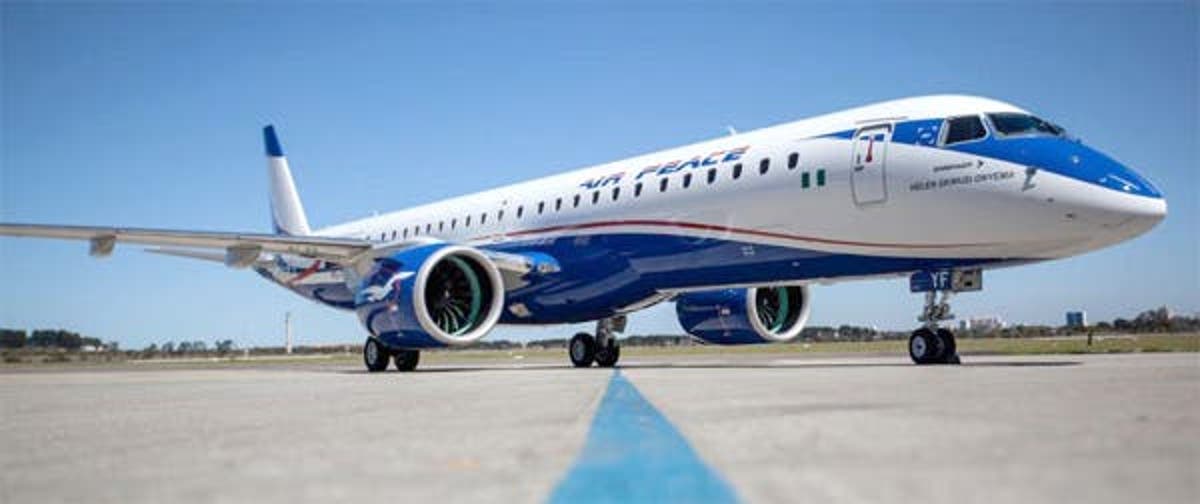
Air Peace suspends flights nationwide over NiMet strike
Air Peace has suspended all its flight operations across the country due to the ongoing strike by the Nigerian Meteorological Agency (NiMet).
The airline said in a statement on Wednesday that it was also suspending operations due to the unavailability of QNH (hazardous weather) reports required for safe landings.
“Due to the ongoing NiMet strike and the unavailability of QNH (hazardous weather) reports required for safe landings, Air Peace has suspended all flight operations nationwide until the strike is over,” Air Peace said.
“Your safety is our top priority. We appreciate your understanding and will share updates as the situation unfolds.”
The airline had earlier announced that the NiMet strike could lead to flight delays and cancellations across its network.
Air Peace added that it was monitoring the situation and working with relevant stakeholders to minimise the impact on customers’ travel plans.
Employees of NiMet commenced a nationwide indefinite strike over welfare issues on Wednesday.
Some of the issues raised involve “NiMet’s refusal to negotiate or implement agreed financial allowances and unresolved entitlements,” including wage awards, peculiar allowances, and outstanding payments from the 2019 minimum wage.
They also accused the management of the agency of withholding important documents, ignoring requests for inclusion of omitted staff in past payments, and neglecting key training programmes in favour of executive retreats.
Business
Nigeria’s gas production increases by 15.6% to 227,931.65 mscf

Nigeria’s gas production increases by 15.6% to 227,931.65 mscf
Nigeria’s gas output has increased 15,6 percent month-on-month, MoM, to 227,931.65 million standard cubic feet, mscf, in March 2025.
But on year-on-year, YoY basis, the nation’s gas output recorded a marginal increase to 227,931.65 mscf in March 2025, from 198,353.62 mscf, recorded in the corresponding period of 2024.
Data obtained from the Nigerian Upstream Petroleum Regulatory Commission, NUPRC, Gas Production Status reports indicated that of the total of 227,931.65 mscf produced in March 2025, 119,552.75 mscf was associated while 108,378.90 mscf was non-associated gas.
Associated gas is extracted in the process of producing crude oil while non-associated gas is produced without crude oil after much investment, exploration and development.
The Ministry of Petroleum Resources (Gas), which is directly involved in the development of policies, targeted at increasing investment in the sector said efforts have been made to increase investment and production of gas in Nigeria.
Similarly, in its recent report obtained by Vanguard, the Nigerian LNG Limited stated: “We are fully committed to expanding our operations with the NLNG Train 7 Project, which will boost our production capacity by 35%, increasing from 22 Million Tonnes Per Annum (mtpa) to 30 mtpa. This project underscores our role as a key player in the global LNG market and positions Nigeria as a top-tier supplier of LNG, leveraging its vast proven gas reserves of 202 trillion cubic feet (the 9th largest globally).
Vanguard
Business
Marketers count losses as NNPC slashes petrol price
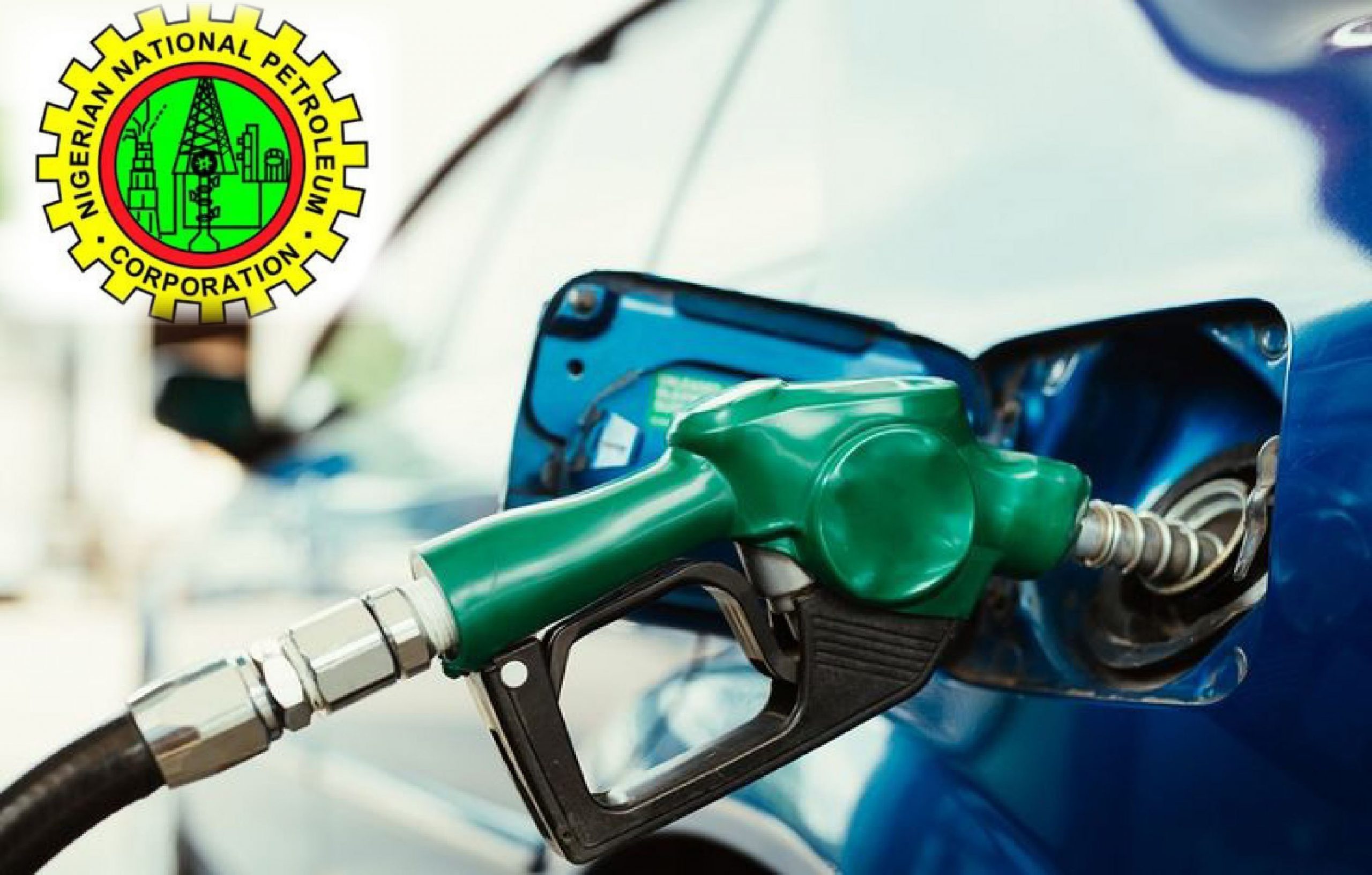
Marketers count losses as NNPC slashes petrol price
Petroleum product marketers have expressed frustration over financial losses following the Nigerian National Petroleum Company Limited’s (NNPC) recent reduction in the pump price of Premium Motor Spirit (petrol).
On Easter Monday, NNPC retail outlets across major cities adjusted their pump prices, with Lagos stations dropping from N925 to N880 per litre, while Abuja saw a similar drop to N880. In Kano, the price was revised from N950 to N935 per litre.
The unexpected price cut comes just days after the Dangote Refinery reduced its ex-depot price from N865 to N835 per litre—further intensifying pricing pressure on independent marketers who had stocked up at previous, higher rates.
The $20bn refinery also directed its partners like MRS, Heyden, and Ardova to sell a litre of petrol at the rate of N890 instead of N920 in Lagos, N900 in the South West, N910 in the South-South, and N920 in the North East.
READ ALSO:
- Insecurity: Presidency questions push for state police, accuses govs of not doing much
- Wike’s team warns Falana against ‘misleading his clients’
- Rivers: Fubara’s supporters praise Tinubu’s intervention with emergency rule
This newspaper observes that the new NNPC prices in Kano, Abuja, Port Harcourt and Lagos are N10-N15 lower than that of the Dangote refinery, signalling another price war between the two companies.
Our correspondent reports that some NNPC filling stations are still selling at the old rate. But marketers said these stations were given the liberty to exhaust old stock before adjusting to the new prices.
In an interview with our correspondent, the National Vice President of the Independent Marketers Association of Nigeria, Hammed Fashola, confirmed the price reduction, stressing that filling station operators were losing money.
He told our correspondent that NNPC Retail sent a memo to its outlets to effect the new prices.
“It is confirmed that NNPC has reduced PMS prices. It is now N880 per litre in Lagos. They sent messages to their retail outlets. Some of them have already put the price at N880. However, they allow those having old stock to continue selling at the old rate. Some are still selling at N910.
“Those are the ones that still have their old stock. So, the same thing applies to independent marketers. Those that have their old stock are still trying to see how they can dispense it,” he stated.
While acknowledging that the fluctuation in fuel prices is one part of deregulation, Fashola declared that marketers are losing money.
“The price reduction is a welcome development, but at the same time, it has a negative impact on the side of the marketers. We are losing money. That’s just the truth. We are losing money. That’s the bitter truth,” he said.
READ ALSO:
- UK records over 22,000 asylum-seeking Nigerians
- Driver crushes one-year old boy to death in Ekiti
- Bring your children to compete with mine, MC Oluomo challenges those mocking his spoken English
According to him, the price cuts are good for the masses, but marketers pay the price.
“On the side of the masses, Nigerians are better for it. People are getting cheaper fuel now, which is good. That’s the beauty of deregulation that we are talking about. There’s nothing anybody can do about it. But marketers are the ones bearing the losses, seriously.
Asked if there is any way to reduce the losses, he replied, “On the part of marketers, what we can do is just to try as much as possible to try and sell. We will reduce prices to a level that, at least, our losses will not be too much. So, you will be able to get rid of your old stock before you go to the market to buy at the new rate and start selling at the new rate.
On whether the petrol price could drop to N800 or N700 soon, Fashola refused to make projections.
“I don’t want to predict that. You know, two major factors determine this – the crude oil price and our exchange rate. So, I don’t want to predict the price. All these things have their implications. If the crude oil comes down to something like $50 per barrel, it has its own implications for our economy. It will affect the government revenue. At the same time, inflation and all that are also there. So, I don’t want to predict that,” he stated.
Recall that the Dangote refinery resumed price cuts after the Federal Government directed that the naira-for-crude deal should continue indefinitely.
Marketers count losses as NNPC slashes petrol price
(Punch)
-

 metro2 days ago
metro2 days agoRivers: Tinubu meets with Fubara, may lift his suspension
-
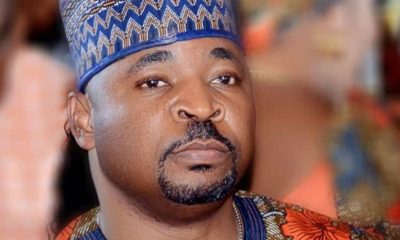
 metro2 days ago
metro2 days agoBring your children to compete with mine, MC Oluomo challenges those mocking his spoken English
-

 metro1 day ago
metro1 day agoI’m not in supremacy battle with Ooni, says new Alaafin
-

 News3 days ago
News3 days agoTinubu returns to Nigeria after France, UK trip
-

 metro3 days ago
metro3 days agoAnsar-Ud-Deen Society of Nigeria elects new leaders, Tinubu praises educational contributions
-

 Business2 days ago
Business2 days agoMarketers count losses as NNPC slashes petrol price
-

 metro3 days ago
metro3 days agoReno Omokri defends Tinubu’s appointments, blasts president’s critics
-

 News3 days ago
News3 days agoFULL LIST: Five new requirements for US Visa applicants in Nigeria



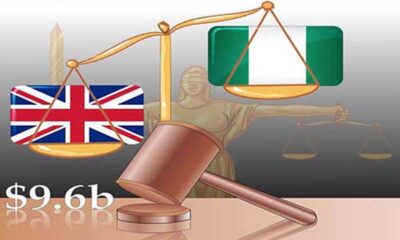

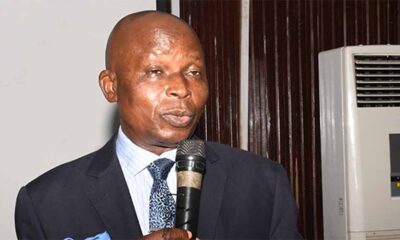






You must be logged in to post a comment Login